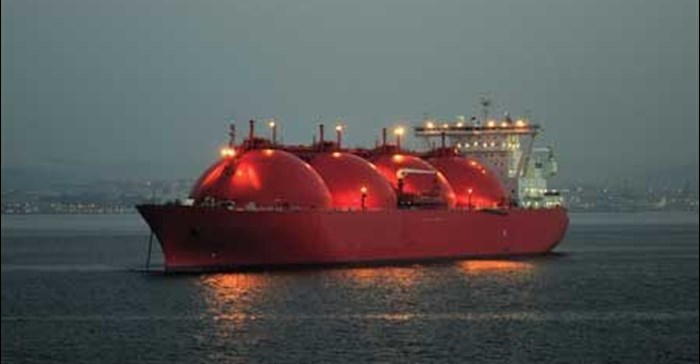Deputy minister for energy and minerals, Dr Medard Kalemani, said the government has given stakeholders three months to air their views before endorsement by the end of this year. Last year the Act, which requires each investor in the hydrocarbons industry to employ locals, was endorsed.

The thrust of this new legislation is to speed up the development of the gas and oil sectors. Tanzania, East Africa's second largest economy, has an estimated 55,1trn cubic feet of gas reserves, the second largest in the region after Mozambique.
Kalemani admitted that local businesspeople have limited capacity to satisfy the market to be created by the oil and gas industry players. "The ministry is geared towards creating awareness among local producers on what they are supposed to do to meet the demand of the market.”
He said the local content in the development of Tanzania liquefied natural gas (LNG) will centre on empowering local producers by giving them opportunities in the project. "We want our people to be able to produce quality goods and services.”
He said the project would create many employment opportunities to Tanzanians as well as enabling government to collect revenue through various forms of taxes that will help to improve the provision of social services such as education, health, water and infrastructure, among others.
National economic empowerment council executive secretary, Beng'i Issa, said her organisation conducted a study on “local content in the construction of Tanzania LNG facility” with the purpose of offering initial assessment of the opportunities for Tanzanian enterprises and workers to participate in the LNG project.
"Overall the analysis reveals that a significant domestic shortage of oil and gas related industrial competencies will likely limit local participation in the gas supply chain," she noted.
The country has much to do on capacity-building and that the study recommended a special plan to be put in place to enable many people be employable in certain areas to produce good and quality services.
The construction of LNG plant at Likong'o area in Lindi Region will cost $30bn. Apart from Statoil, other companies that will invest in this project include Shell, Exxon, Mobil, Pavillion and Ophir.
Tanzania private sector foundation executive director, Godfrey Simbeye, said it was crucial for the government to ensure that the private gets opportunities on the LNG project. "Private sector still has time to learn and build its capacity before the project kicks off.”

AllAfrica is a voice of, by and about Africa - aggregating, producing and distributing 2000 news and information items daily from over 130 African news organisations and our own reporters to an African and global public. We operate from Cape Town, Dakar, Lagos, Monrovia, Nairobi and Washington DC.
Go to: http://allafrica.com/